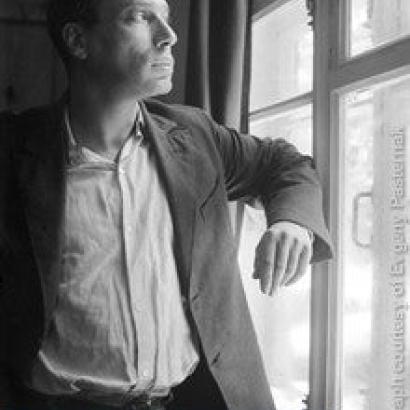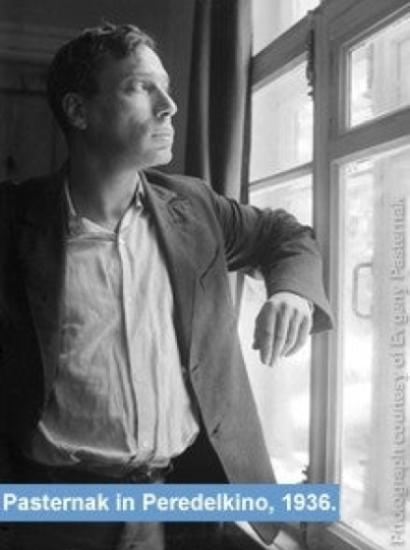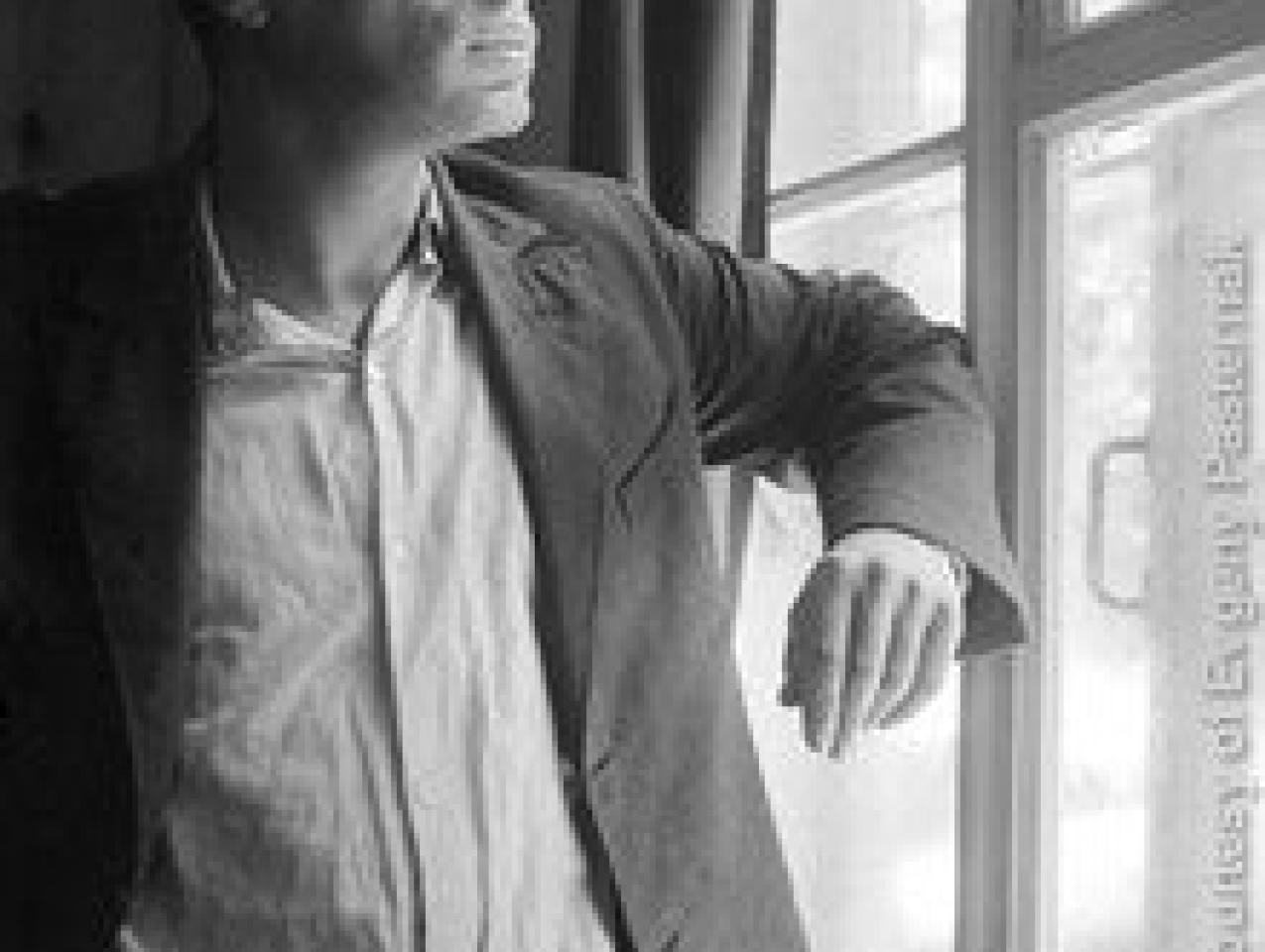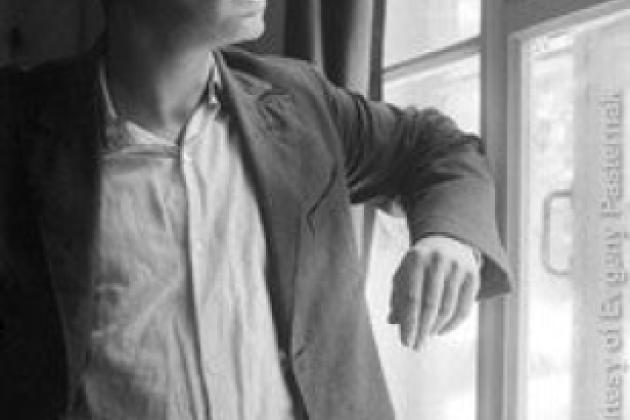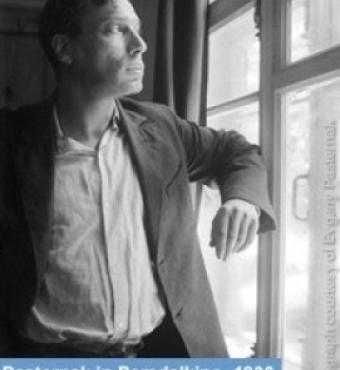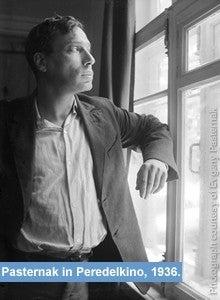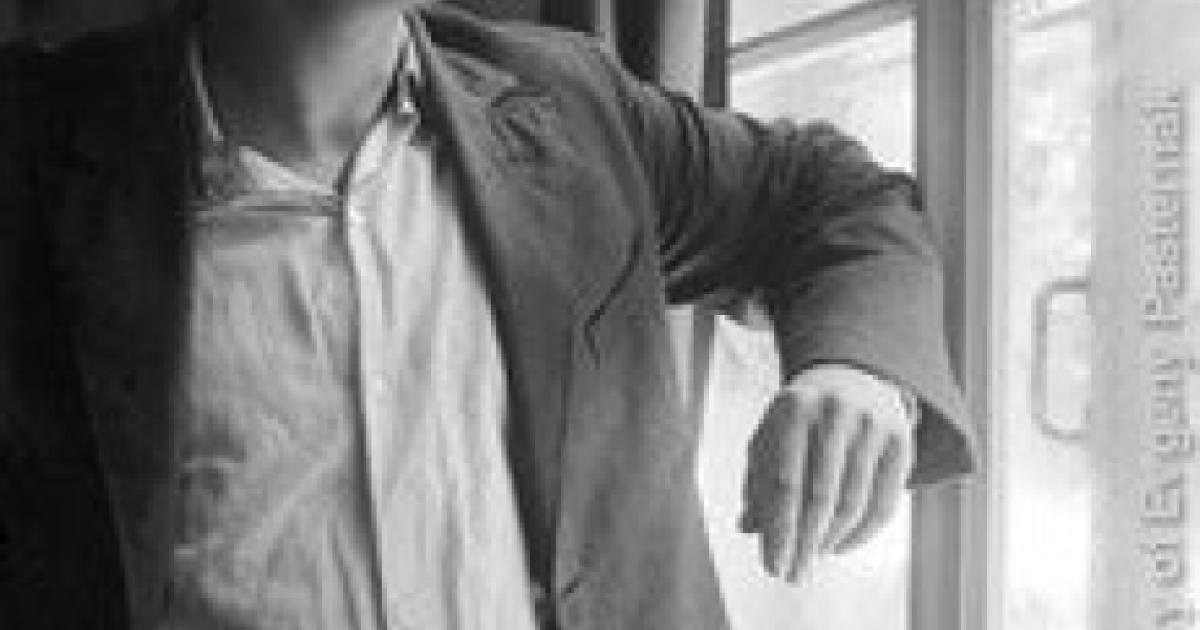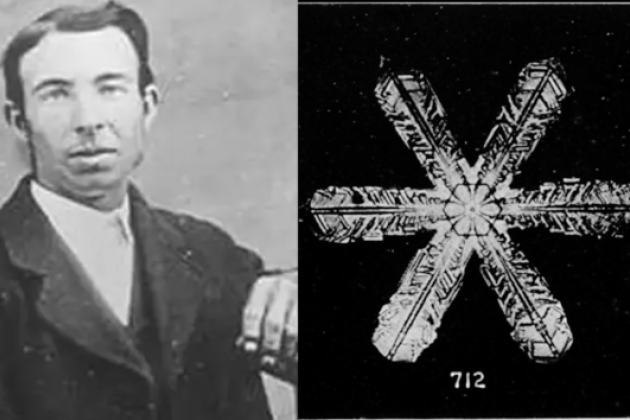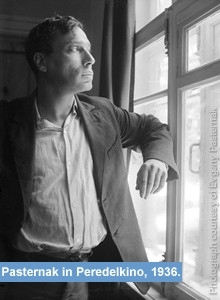
In twentieth-century Russian literature Boris Pasternak stands out as a great metaphysical poet, as evidenced by his verse collection My Sister, Life, written during the revolutionary years.
In twentieth-century Russian literature Boris Pasternak stands out as a great metaphysical poet, as evidenced by his verse collection My Sister, Life, written during the revolutionary years. A central theme of his poetry, as well as of his magnum opus, the novel Doctor Zhivago, is man's destiny in revolutionary times. Pasternak felt a strong affinity with the entire West European cultural and philosophical tradition, and his contribution to European literature is considered to be equal to that of Rainer Maria Rilke or T. S. Eliot.
Facing the trials of his cruel and tumultuous epoch, Pasternak retained the moral values and artistic conceptions that characterized the prerevolutionary era, which he inherited from his parents and their artistic milieu. Pasternak the thinker, the witness of an epoch, stands as high as Pasternak the poet. Whether condemned to silence or allowed to publish translations or sporadic selections of poetry, his very existence served as proof of the tenacity of his art. Despite the stifling situation in the country and the demands imposed on artists by the Soviet government in the darkest periods of Stalinist rule, the poet considered it his duty to confront and combat the regime's efforts (as he put it) "to trample the artist in man." His rebellious stance toward the Soviet regime led to a direct confrontation with the state when he sent his novel Doctor Zhivago to be published in the West.
He was the first writer in the Soviet Union to receive the Nobel Prize. Thanks to his courage, Russian culture was able to overcome the legacy of the Stalinist ideology and give rise to the new, nonconformist, and dissident trends in literature best exemplified by the works of Aleksandr Solzhenitsyn and Andrei Siniavskii. One of the strongest manifestations of Gorbachev's decisive break with communist ideology was the publication in the Soviet Union of Pasternak's novel Doctor Zhivago, which had been banned in his native country for thirty years.
During the past decade the Hoover Institution has amassed the largest collection of Pasternak manuscripts and books in this country and one of the largest in the world. Its most important items came from the private collections of Mr. and Mrs. Irwin T. Holtzman and of the poet's late sister Josephine Pasternak. For this exhibition, we have selected a small fraction to provide important insights on the life and literary work of the great Russian poet.
Read an article related to the exhibit, published in the Hoover Digest.




